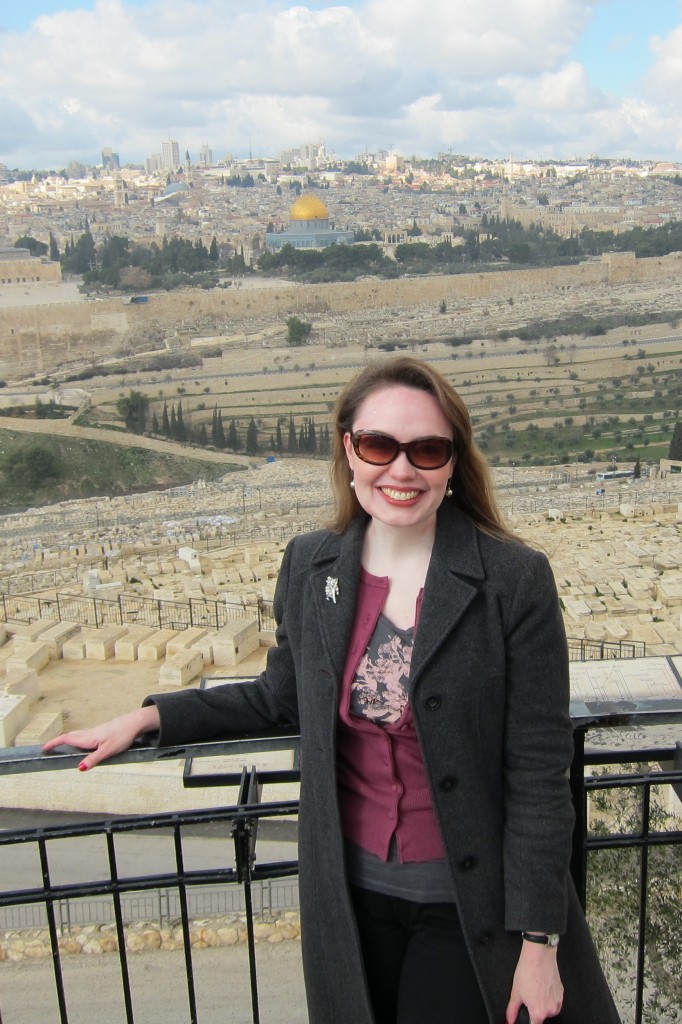When I was first diagnosed with celiac disease in 2004, I felt like I’d never be able to travel again. Just communicating my dietary needs in English seemed daunting enough, so how was I going to manage it in a foreign tongue? Fortunately, I’ve had a lot of help. In the past decade, I’ve visited plenty of places where I didn’t speak the language — including Peru, Chile, Argentina, the Czech Republic, Hungary, Turkey, and Israel — and I’ve been able to arrange for gluten-free meals along the way. Eating at a restaurant is always an exercise in trust; for the gluten-intolerant, it feels especially risky. Here’s what’s worked for me:
- Visit the Celiac Travel website, which provides an impressive selection of cards in many languages. The list is constantly growing, but currently features 54 languages, including Arabic, Basque, Greek, Hebrew, Hindi, Japanese, Italian, Malay, Portuguese, Russian, Urdu, and Vietnamese. There are several companies that charge money for celiac translation cards, but none of them are better than what Roger and Lyndsay offer on Celiac Travel. If you use their cards, they appreciate a donation, but it’s not required.
- Check out the list of “Celiac Societies Around the World” compiled by Nancy Lapid on About.com. Often, these societies will have information about restaurants and shops that cater to celiacs. While you’re at it, Google “celiac” or “gluten free” and the names of the cities you’ll be visiting; often you’ll find local groups with plenty of information to share.
- Ask for advice on the Gluten-Free Guidebook’s Facebook Group. You’ll probably find a fellow traveler who’s been to the place you’re planning to see; occasionally, you’ll connect with a local.
- If possible, learn a few words or phrases in the local language before you go on your trip. Knowing how to say “Tengo la enfermedad celiaca; No puedo comer harina o trigo†(I have celiac disease; I can’t eat flour or wheat) made my travels to Peru and Chile easier. Still, I have to admit that I never managed this in Hungarian.
Does anyone have other ideas for breaking the language barrier? I’d love to hear your suggestions.
* Â Â Â Â Â * Â Â Â Â Â *
In other news, my first stand-alone thriller, Blood Always Tells, will be published on April 15, 2014, by Tor/Forge. According to Library Journal, “You can’t help turning the pages in anticipation of yet another twist.â€Â You can win an advance copy via GoodReads before February 15th. If you order the hardcover or eBook before the release date, you can win a prize.Â


I always bring translation cards with me that are both in English and the language of the country I am visiting to. These alert my server about my gluten-free and shellfish-free dietary needs in their native language which is quite helpful.